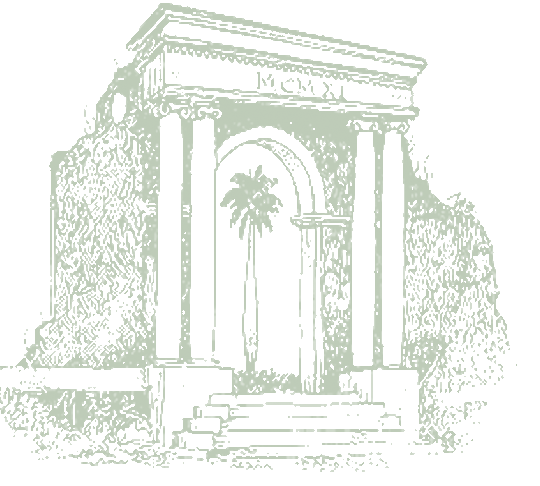Basic InformationResources for all UPRMResources for ResearchersTools and ChecklistsTraining and Consultation |
RestrictionsProcedure for International Travel for all UPRM faculty, researcher, student or employee If you are travelling internationally
On what you can take When you leave the country, everything you take is an export, including devices, software, and data.
Remember that destination countries have their own import and export controls (seeTravel.State.Gov) which may affect how you can use items while there and which could restrict your ability to take them out of the destination country. You should be familiar with any that apply to you. On where you can go
On what you can do when you get there While US sanctions programs and restrictions on transactions with specific parties always apply, the likelihood of being affected by them increases when you’re outside the US. Iran, North Korea, (North Sudan) and Syria are subject to strict controls on the EAR’s Commerce Control List, and are also subject to OFAC sanctions programs. If you will be working with nationals of these countries, you should be familiar with both. Working with China entities and nationals can be complicated by US policy toward China, which includes both enthusiastic support for commercial transactions and strong aversion to support of the Chinese military. Some apparently benign China institutions are considered by the US government to be closely related to the military, resulting in restrictions on transactions with them. OFAC’s Specially Designated Nationals and Blocked Persons List and the Commerce Department’s Entity List are the most relevant, but the government maintains a total of 35 lists with various restrictions. You can check most of these using the National Export Initiative’s consolidated list, or consult UPRM’s Export Control Team.
If you plan to travel to any of these locations or have any questions regarding international travel please contact Dr. María Amador-Dumois, Interim Export Control Officer, Research and Development Center, at extension 5344 and via e-mail at exportcontrols@uprm.edu.
|


